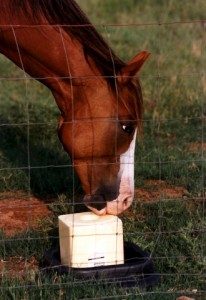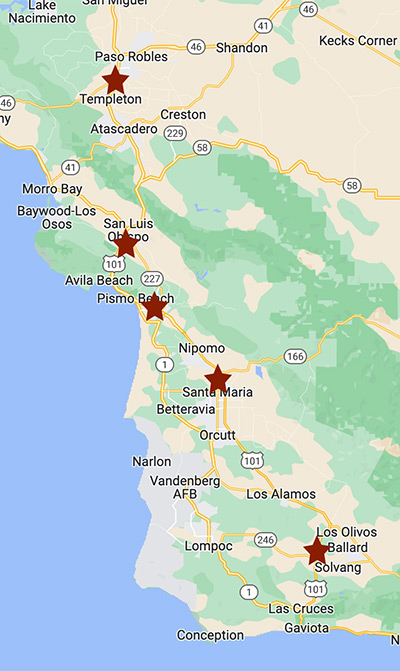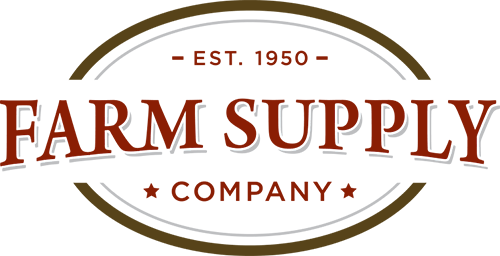Unusual eating behavior ( sometimes referred to as pica) can be caused by a number of factors and may cause the horse to eat manure, eat dirt, eat bark off trees, chew on board fences, chew on stable mate’s mane & tail or chew on tool handles or leather equipment.
I usually suggest going thru the following check list for the most common causes of unusual eating behavior:
- Lack of salt. Lack of salt can trigger a number of unusual eating behaviors (eating manure, chewing bark on trees, eating dirt, chewing on objects, chewing on tool handles etc.) Recommendation is to offer loose salt free choice as horses will consume more readily than block salt, particularly in cold weather. Block salt is better than not offering any salt source. Maintenance horses require 1-2 ounces of salt per day. This may increase to 4-6 ounces per head per day in hot humid conditions or with added exercise. Commercial feeds may contain 0.5% salt. Horses may still benefit from salt being offered free choice along with access to fresh, clean water.
- Fiber intake in the diet might be inadequate. If a horse does not feel full, it will look for other things to eat. Make sure there is adequate long stem roughage available. Fences, trees, manes and tails may suffer if there is not sufficient roughage!
- Phosphorus deficiency. Horses have quite limited “nutritional wisdom”, but phosphorus deficiency may trigger unusual eating behavior, including eating manure or dirt. Offering a free choice calcium, phosphorus and salt mineral may be useful. In the wild, animals frequently consume bones or shed antlers to get minerals.
- Protein deficiency. Again, horses have limited “nutritional wisdom”, but inadequate protein or poor quality protein may trigger some of the unusual eating behaviors. Evaluating the forage and the overall feeding program is useful.
- Ulcers. Horses that have ulcers will sometimes eat dirt or manure as well as chew on other objects. The saliva produced when chewing is believed to have a buffering effect.
I always start by offering loose salt free choice and making certain that fiber intake is adequate. If that does not remedy the problem, I will then go to offering a good mineral product (calcium, phosphorus, salt combination, perhaps with some trace minerals) and perhaps a full ration evaluation. Other behaviors may help decide if ulcer assessment is needed.
Unusual behavior may be the horse’s way of trying to tell us something!
Posted by Nutrena Feed, Roy J.


